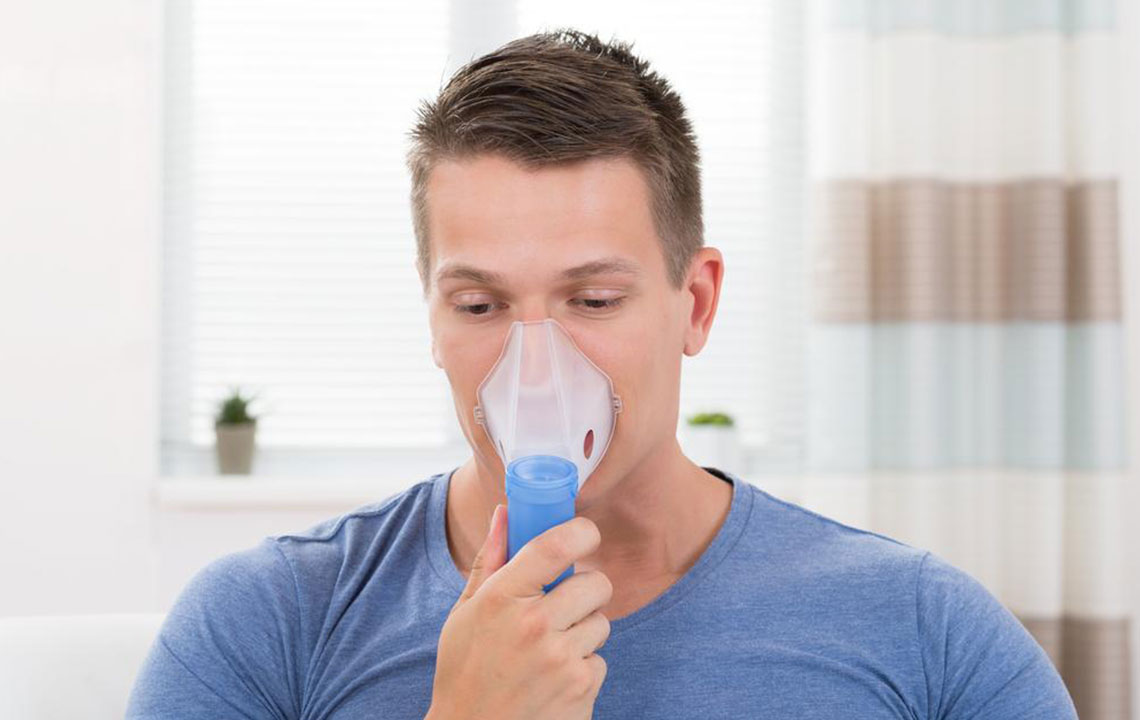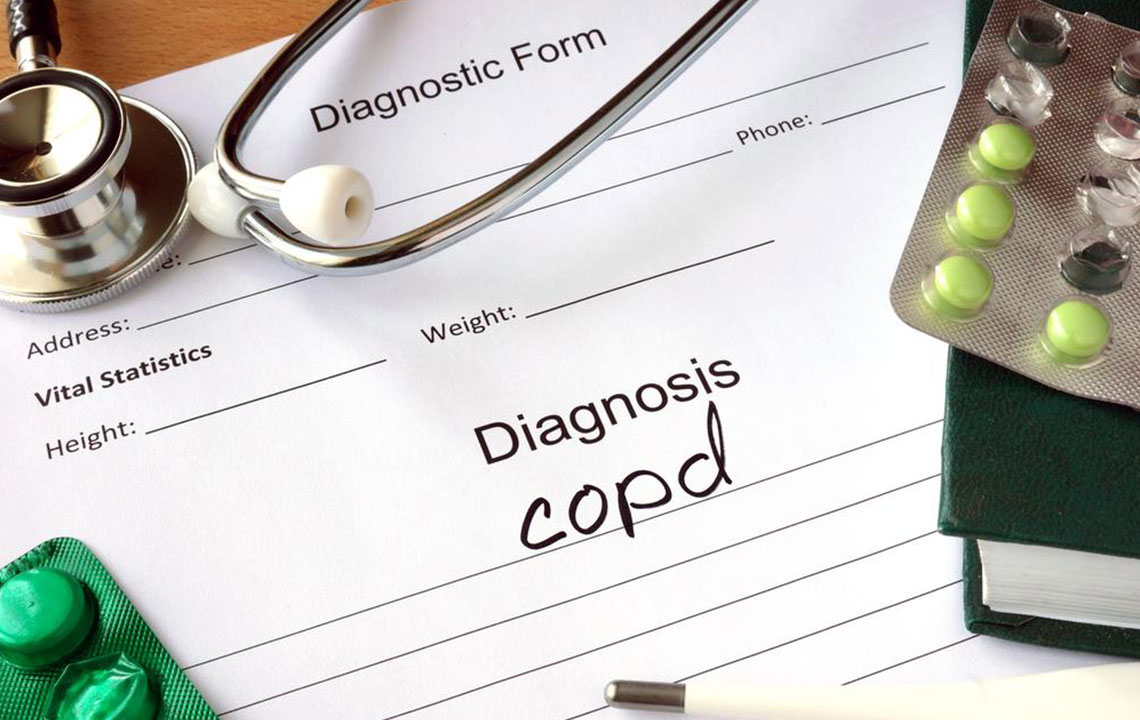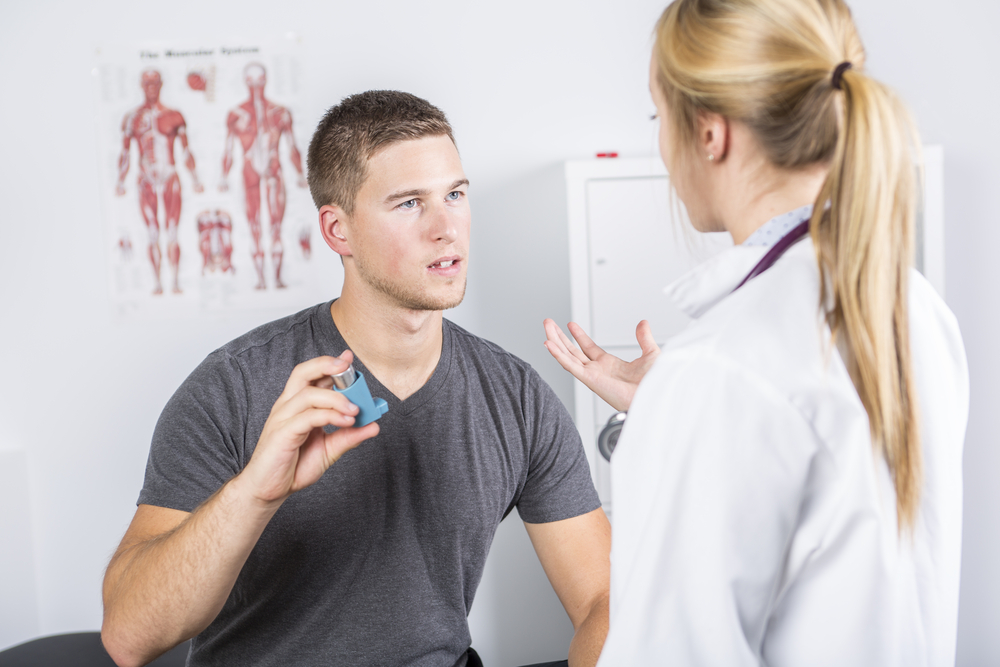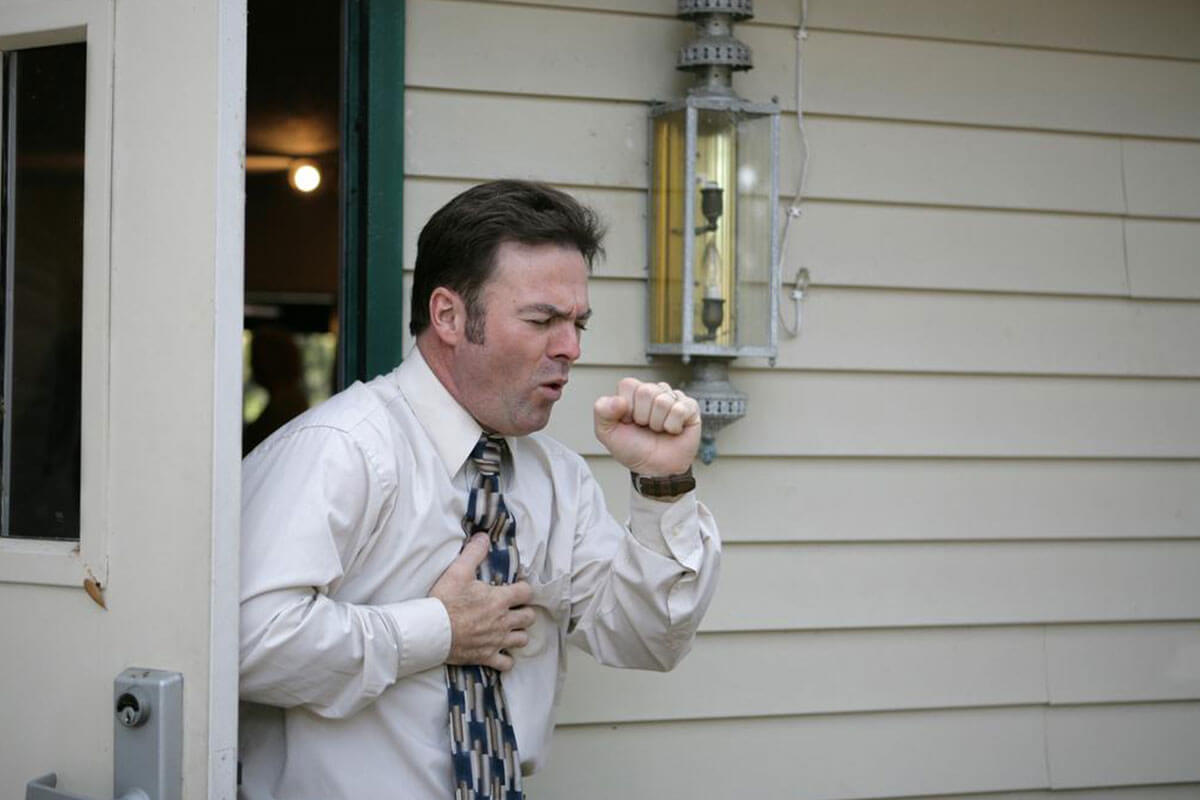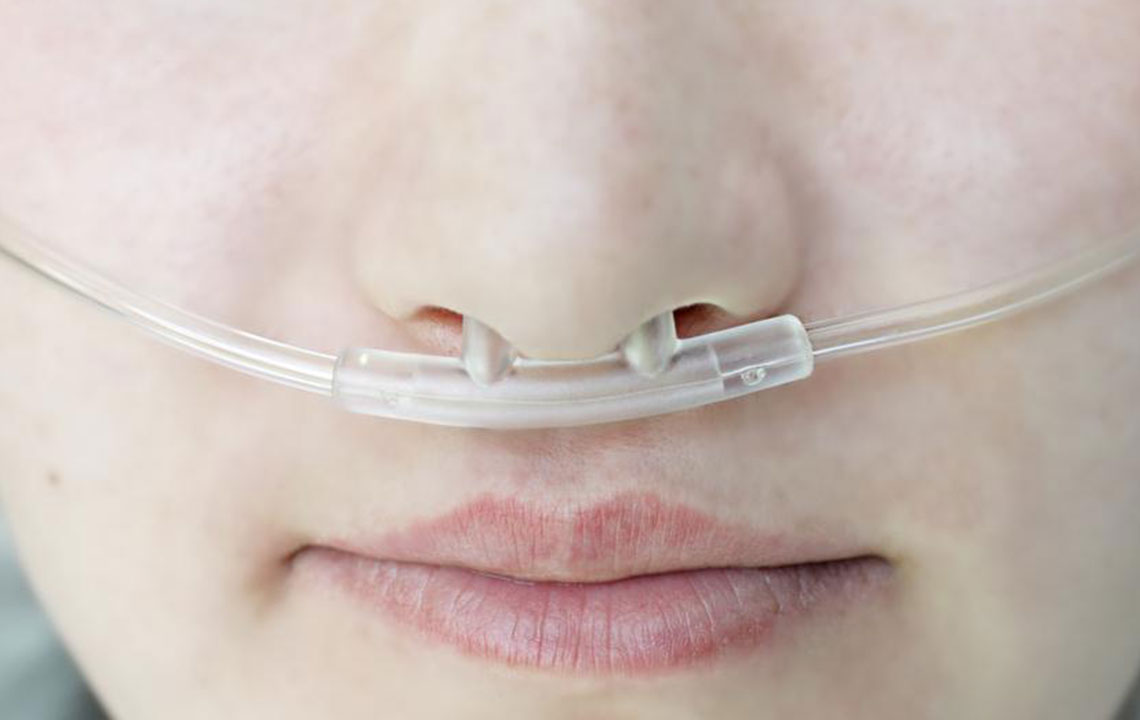Various Treatments Plans To Manage And Treat Symptoms And Complications Of COPD
COPD is one disease that is easily misdiagnosed. Some smokers may be told they have COPD whereas in reality what they have is simple deconditioning or some lesser known lung disease. And in some other cases, COPD is not diagnosed at all until it has reached an advanced stage when interventions are not that effective.
In order to diagnose whether you have COPD or not, the doctors would run a few tests, check the signs and symptoms you are experiencing, discuss medical and family history.
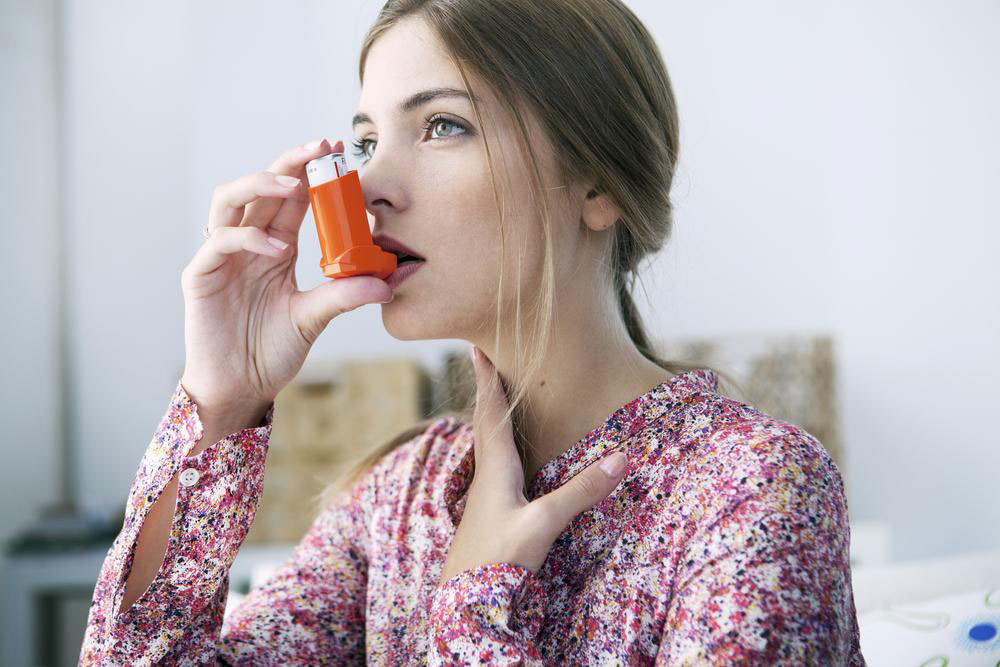
Tests to Diagnose COPD
Your doctor would run a few or all of the following tests:
- Lung (pulmonary) function tests
- Chest X-ray
- CT scan
- Arterial blood gas analysis
- Laboratory tests
Treatment
COPD treatments vary on the condition of the patients. For people with mild complaints, a little therapy and smoking cessation help with the problem. For people suffering from advanced stages of this ailment, effective therapy is suggested.
Smoking Cessation
This is the most important line of treatment for COPD. You would need to stop smoking completely if you are a smoker. Quitting can be hard. Thus, you need to talk to your doctor to suggest you something that would help in this condition. Avoiding second-hand smoking is also important.
Medications
Doctors use different types of medicines to treat complications and symptoms of COPD. You need to take some on a regular basis and others as and when required. The common medicines include:
- Bronchodilators such as indacaterol (Arcapta), arformoterol (Brovana), formoterol (Foradil, Perforomist) (ProAir HFA, Ventolin HFA, others), levalbuterol (Xopenex HFA), and ipratropium (Atrovent), salmeterol (Serevent), tiotropium (Spiriva) and aclidinium (Tudorza).
- Inhaled steroids like budesonide (Pulmicort Flexhaler, Uceris) and fluticasone (Flovent HFA, Flonase, others)
- Combination inhalers like formoterol and budesonide (Symbicort) and Salmeterol and fluticasone (Advair)
- Oral steroids
- Phosphodiesterase-4 inhibitors such as roflumilast (Daliresp)
- Theophylline
- Antibiotics
Other Treatment Plans
The doctor may suggest lung therapies such as oxygen therapy or pulmonary rehabilitation program to manage your COPD conditions. Then there are different types of surgeries as well to treat COPD. These are lung transplant, bullectomy, and lung volume reduction surgery.
